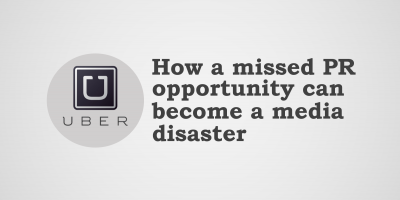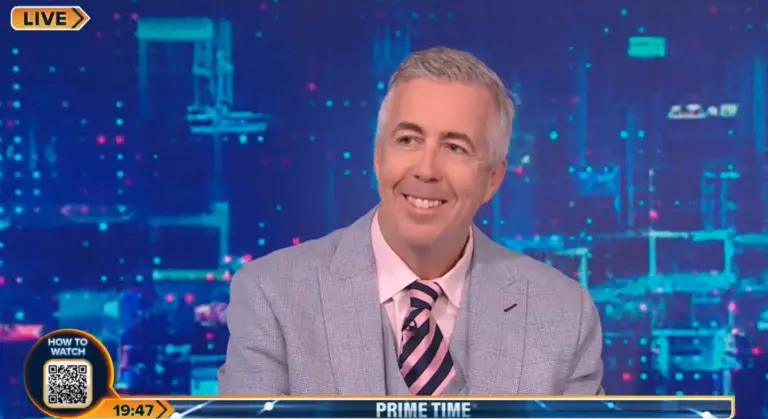Like thousands of Londoners, I had a troubled commute into work this morning. I live in Highgate and work in Westminster. This morning that meant watching full buses drive straight past my stop. Fed up after 45 minutes of waiting, I considered my options:
1. Continue waiting at the bus stop forever
2. Walk to work (two hours of marching according to Google maps)
3. Hail a trusty, efficient, wonderful Uber (even if it is at 1.5x or 2x normal rate)
Option 3 was a no brainer – until I opened my Uber app to find the fare was 2.9x higher than the standard rate. And then, I was angry.
Not at RMT (well yes, but they are always in my bad books), not at the buses, not even at commuters selfishly hogging extra space on them, but at Uber.
And I’m not the only one. As #uber trends on social media for all the wrong reasons, London is annoyed. It’s frustrating enough trying to make it into work with no tube, but when we feel Uber is cashing in on the misery, we get angry.
I understand it’s a system completely led by supply and demand, which is one of the reasons I usually admire it. Increasing the rate means more Uber drivers are likely to go out and support the high demand, and the standard rate is so low exactly because of this algorithm. But this doesn’t matter to a Londoner trying to get to work in the middle of a strike; all that matters is that the Uber you hoped would save you, is, well, taking you for a ride.
For a company that usually ‘gets it’, this is not good enough. Uber has been able to build a strong brand through smart moves. It oozes technological advancement, not just for the easy user interface of its app, but through promoting their brilliant Spotify partnership. They send great emails that users don’t mind reading (a rarity for anybody on a consumer mailing list) and they’ve dealt well with the criticism from cabbies. In spite of generally good PR, this strike has not only been a missed opportunity for Uber, but a crisis.
Uber has missed a trick: the strike could have been a way to be seen as helping to Keep London Moving – they are still in discussions with TfL about their status, so a bit of support today would have been welcome by the decision makers – let alone users. Why didn’t Uber pledge to cap their fares today? A cap at twice the standard fare would still have yielded great profits, but would have left London one of the few European cities to embrace Uber (I point you to Berlin and Paris) – feeling loved.
It will be interesting to see what happens should this story continue to gain traction, and whether they’ll consider putting a rate limit or simply take a leaf from the Ryanair school of thought and brazen it out. For us in the communications industry, if nothing else it’s a reminder that forward planning is essential not only to taking advantage of good PR opportunities for our clients, but is also key to averting a potential crisis.




